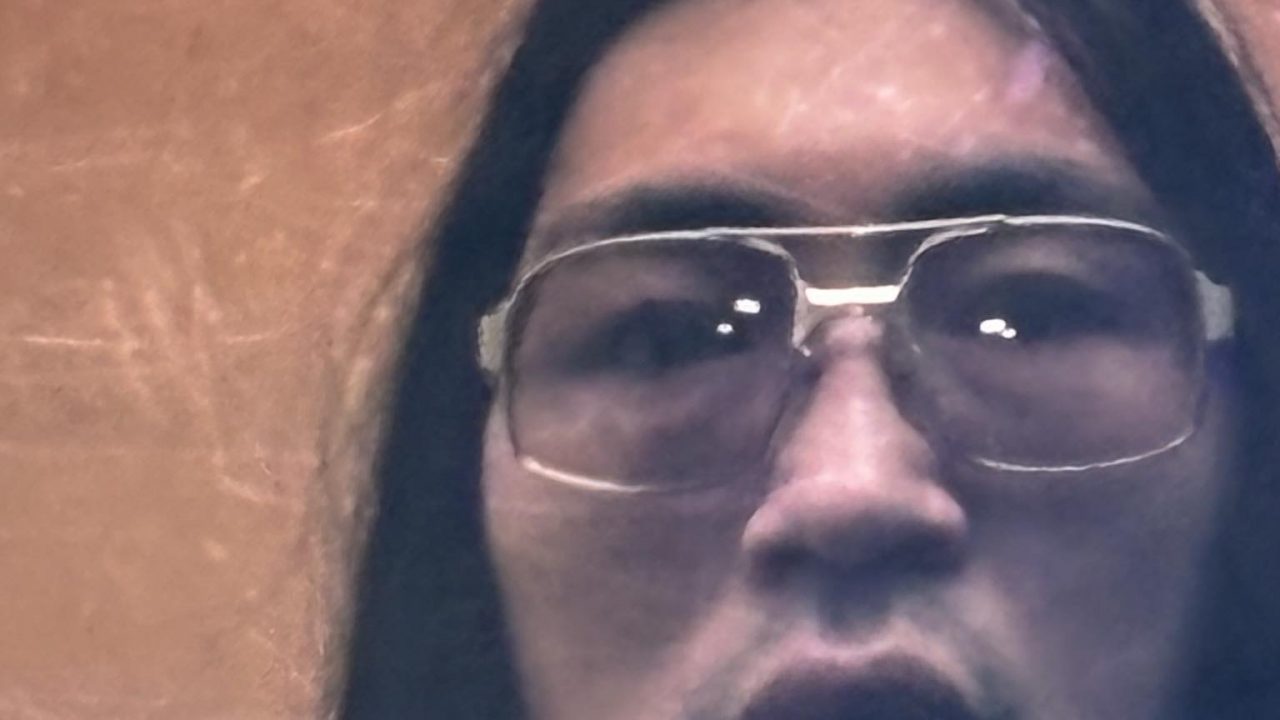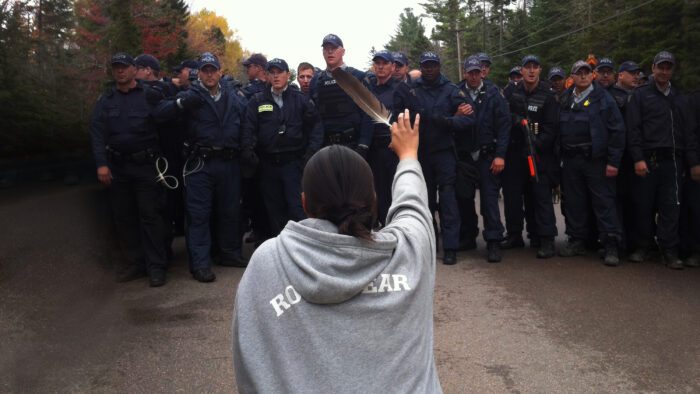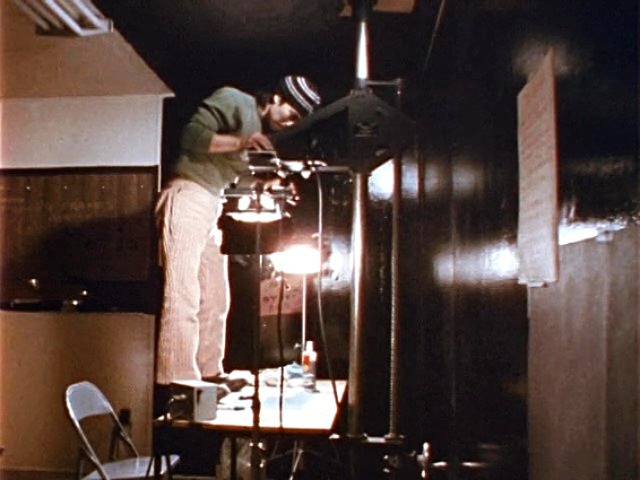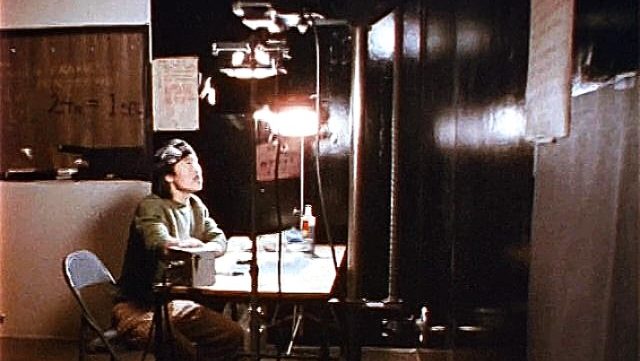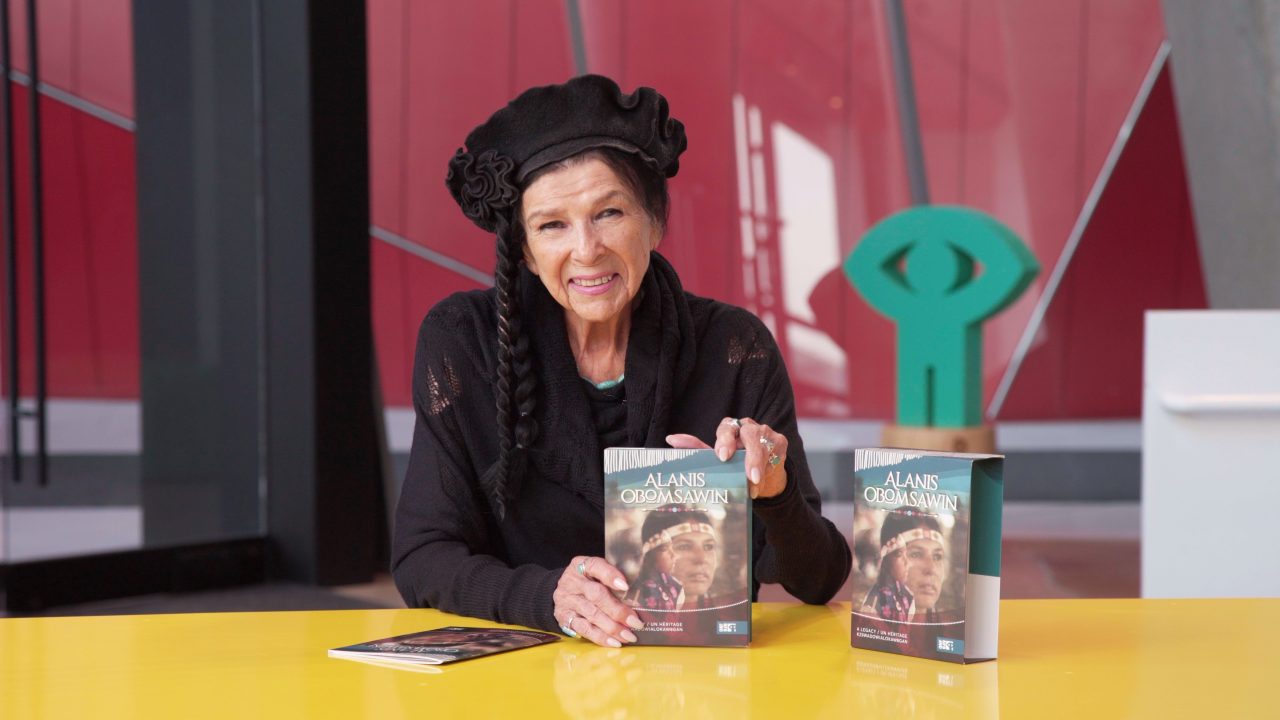
Alanis Obomsawin’s New DVD Box Set Amplifies the Voices of Many Nations, Teaches Uncomfortable Truths
Alanis Obomsawin’s New DVD Box Set Amplifies the Voices of Many Nations, Teaches Uncomfortable Truths
To research this very piece I’m writing now, I watched The Spirit of the Tŝilhqot’in People Is Hovering Over the Supreme Court, one of the world premieres included in the new Alanis Obomsawin: A Legacy DVD box set, and found myself breathing a sigh of relief. In its short 18-minute run, we follow the Tŝilhqot’in Nation as they gain Aboriginal title and rights over their traditional territory in west-central British Columbia. The film’s slow pans over the territory’s lush valleys and regal mountains jolt you into the hopeful realization that this gorgeous landscape will never again be exploited for commercial purposes.
This was in stark contrast to the rage and gnawing frustration I felt watching Kanehsatake: 270 Years of Resistance or Jordan River Anderson, The Messenger. Both left me reeling over systems that are unjust and oppressive by design; over endings that are punctuated by ellipses rather than a period, because there’s still so much work left to do.
I suppose that’s part and parcel of the experience of watching Alanis Obomsawin documentaries as a non-Indigenous person. You’re confronted with emotions you aren’t prepared to feel, you travel across the country to communities you’re often meeting for the first time, and you learn. It’s not always comfortable, but you learn.
When I sat down with Obomsawin to talk about her new 12-disc box set, which compiles about a third of her 65 titles, she told me that her goal as a filmmaker was essentially to teach, and to offer a counter-narrative to the stories about Indigenous people written by the church and taught in schools.
“I never went to movies much at all; it was not part of my culture,” Obomsawin told me. “Before making films, I was mainly singing and talking with students about history. I started with the Scouts, then I ended up in classrooms, which was really where I wanted to be. I did hundreds and hundreds of schools over the years.”
When Obomsawin was brought into the NFB fold in the 1960s, she was pleased to be part of what was then called the “multimedia studio,” which created material exclusively for schools.
“Everything they did went into the classroom,” she said. “It was important for me that it was the voice of the people that they heard in the classroom. That was my big battle.”
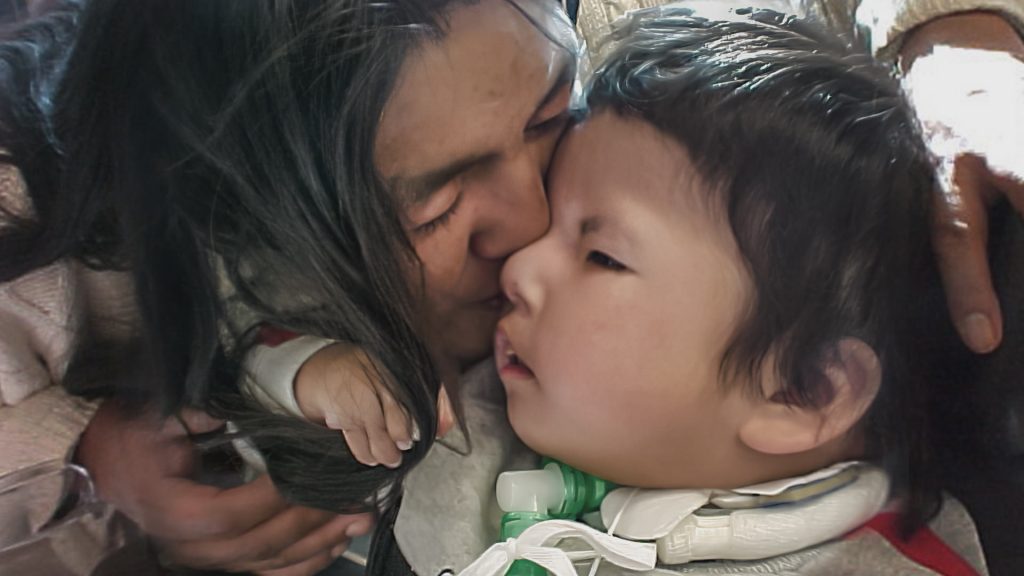
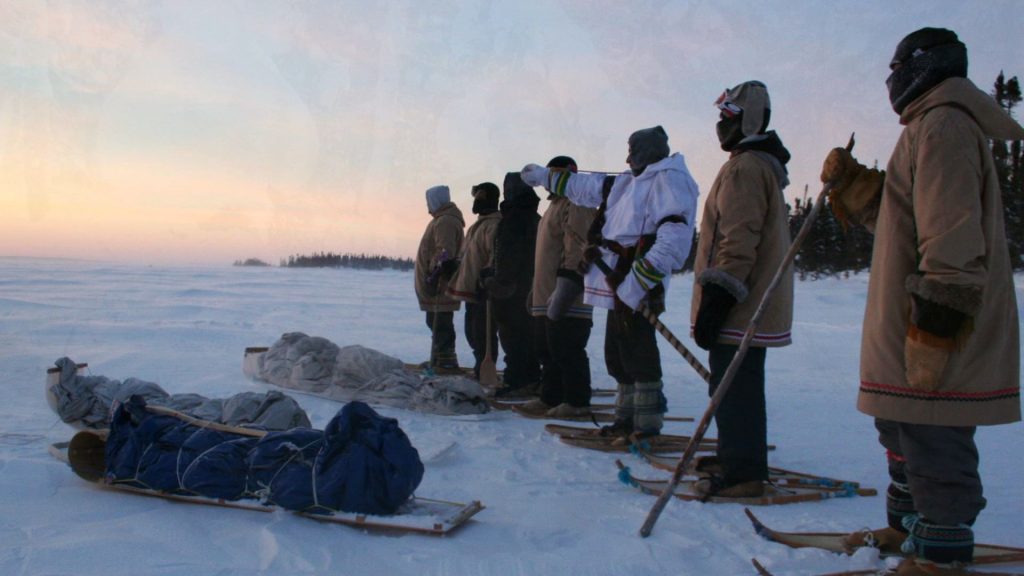

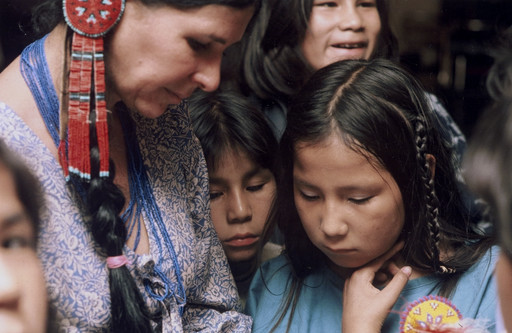
It’s a battle she’d been fighting since her youth, which is when white people in her surroundings first called her the S-word and told her she was ugly almost daily. Despite being a child at the time, she nevertheless understood that schools were largely responsible for normalizing slurs against Indigenous people.
Nearly 60 years later, when the time came to make difficult decisions about what to include in the box set, Obomsawin thought about younger generations and what they should know. That’s why Trick or Treaty? is on disc 4 and it’s complemented with bonus material like Let’s Study Treaty No. 5 on disc 8.
“Treaties are very dishonest in general, and I wanted people to understand that,” Obomsawin said. “At the end, it’s the students who get to learn and enrich their savoir about a subject. I find that very exciting in terms of nourishing material and making sure that students have access to the real stories.”
When you frame Obomsawin’s films within the lens of education, her oeuvre comes together. The aesthetic style shifts from one documentary to the next, but the voice—often her own narration—is the same. She told me it’s because she spends a lot of time with her interviewees to make sure she understands a subject thoroughly before she even starts filming. In much the same way that an educator has to master the material before teaching it.
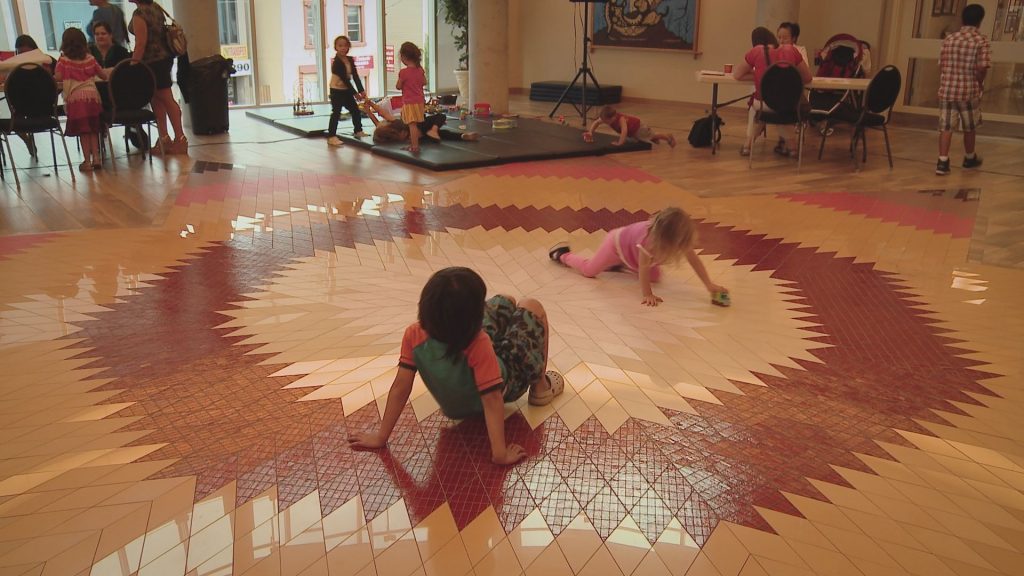
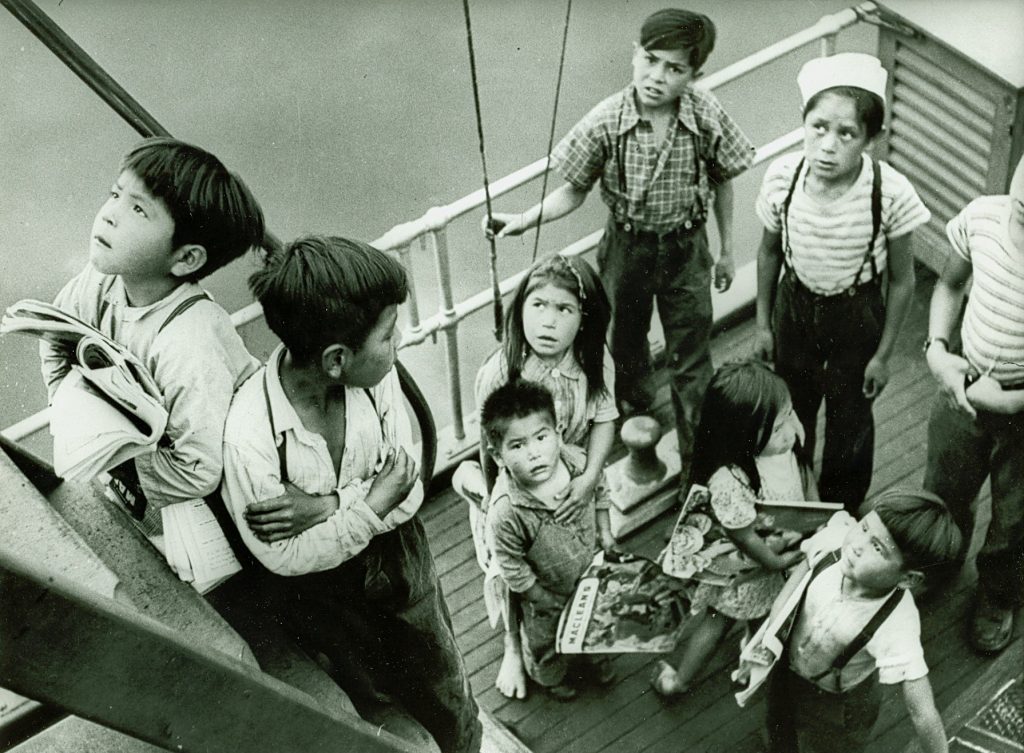
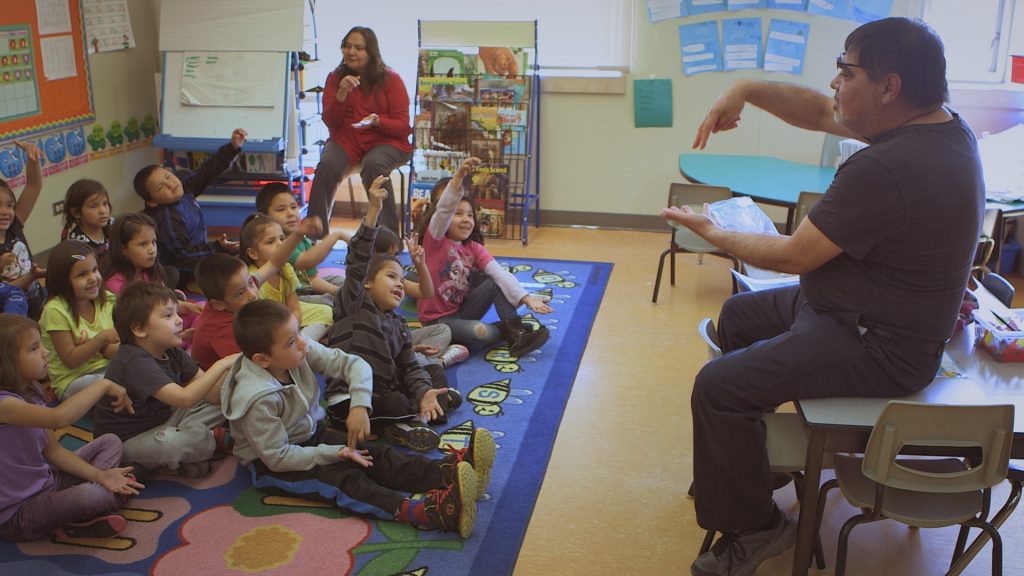
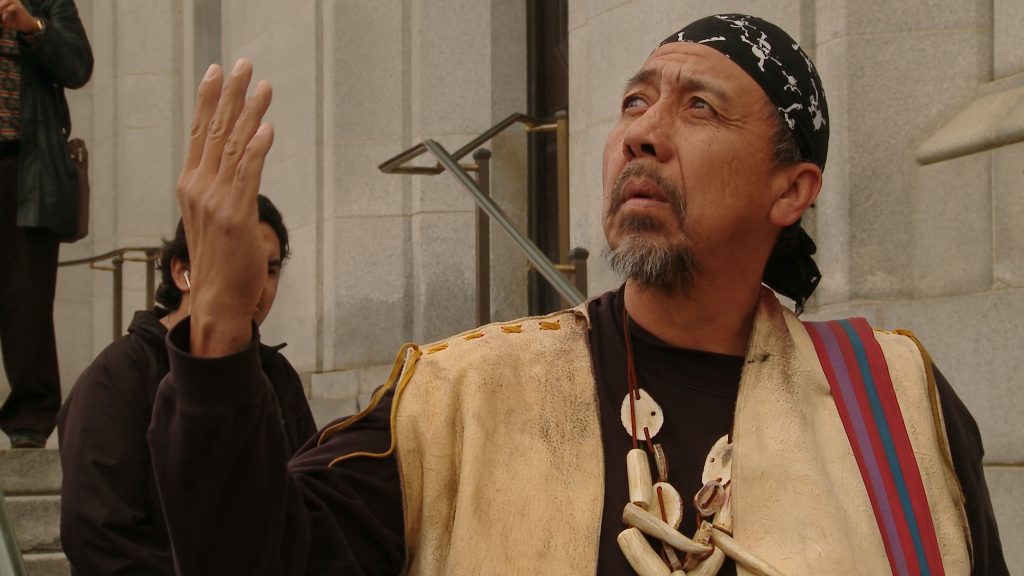
Obomsawin has so much enthusiasm for some of the exclusives she put into the box set. For instance, she can’t wait for you to meet Allison Fisher, the Ojibwe woman who runs the Wabano Centre in Ottawa, featured in Wabano: The Light of the Day. Obomsawin has known Fisher since the latter was a teenager.
“It’s incredible what (Fisher has) done with the centre,” she said. “It’s so beautiful, the services they give and the caring for people who live in the city.”
It’s hard not to be impressed with the Wabano Centre and its health care services, especially its extremely successful COVID vaccination program for Indigenous patients. It’s a space built on generosity and community, and you see what’s possible when people put their energy towards the same benevolent goals.
But generally, I feel so much richer for having witnessed the lives and experiences Obomsawin documented over her career. You hear the voices of so many nations, and their stories are so gripping and crucial, you can’t help but listen.
Click here for details on the Alanis Obomsawin: A Legacy DVD box set.
